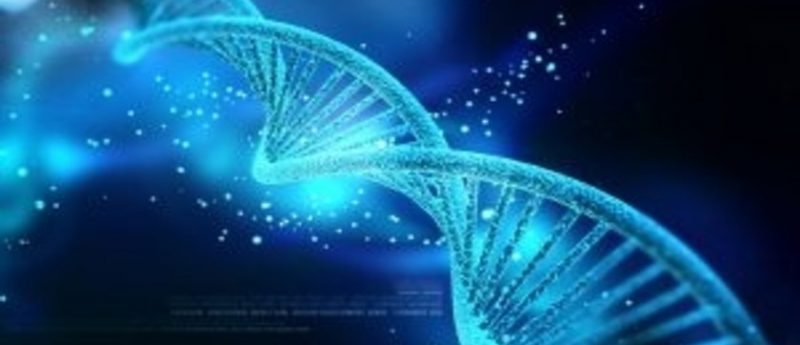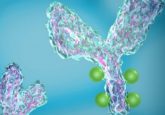Scientists demonstrate tumor-suppressing role of protein ATF2

Scientists from the Cancer Research UK Manchester Institute at the University of Manchester (UK) have been investigating the role of a protein termed ATF2, which is controlled by JNK and p38, in tumor development. The investigators have demonstrated that ATF2 suppresses liver cancer growth in the lab. The study was recently published in Cell Reports.
In order to develop new anticancer treatments, researchers need to identify target molecules that are responsible for controlling tumor development. Two such molecules are JNK and p38, which both regulate cell proliferation and cell death. “There have been conflicting findings in terms of whether JNK and ATF2 suppress or encourage tumor growth. We wanted to clarify their role in the development of cancer,” explained Nic Jones of the Manchester Cancer Research Centre.
The research focused on investigating a model of liver cancer and demonstrated that ATF2 appeared to suppress tumor growth. Further studies demonstrated that this process was dependent on JNK. Jones’ team went on to examine the molecules controlled by ATF2 and found that some of them were present in reduced levels in a number of different human tumors compared to normal cells.
The results suggest that ATF2 function is impaired during tumor development and indicate that its tumor suppression role may not be limited to liver cancer.
“We have demonstrated that JNK and ATF2 have a role to play in tumor suppression. Additional research is now needed to determine what causes changes in the levels of these ATF2-dependent molecules in tumors,” commented Jones.
Sources: Gozdecka M, Lyons S, Kondo S et al. JNK Suppresses Tumor Formation via a Gene-Expression Program Mediated by ATF2. Cell Reports, 9 (4): 1361, doi: 10.1016/j.celrep.2014.10.043 (2014) [Epub ahead of print]; Manchester University press release




